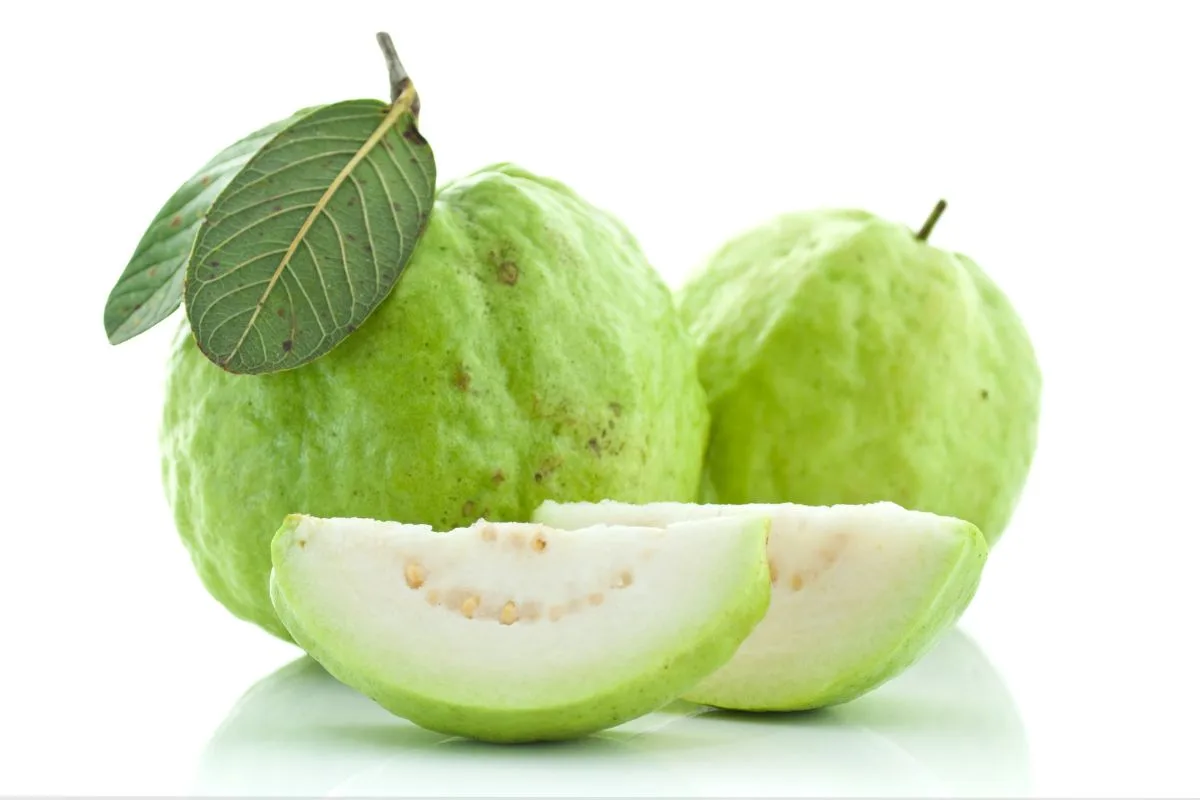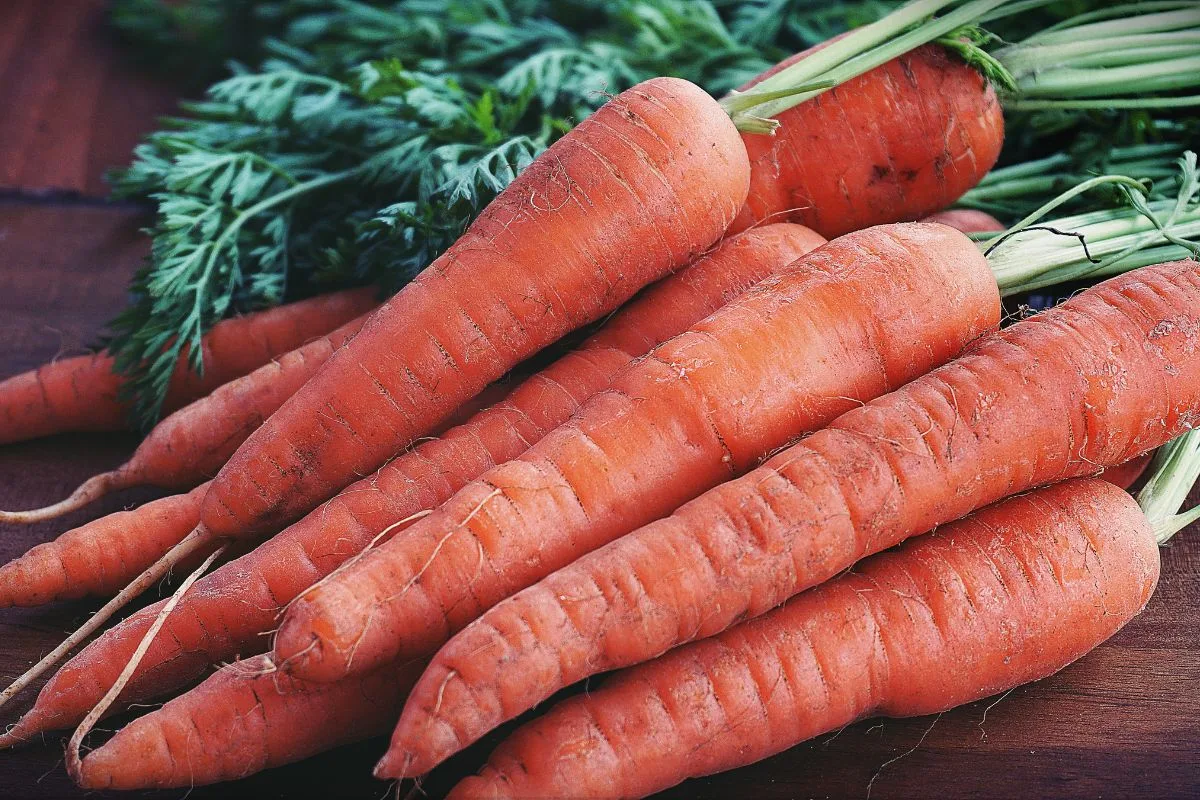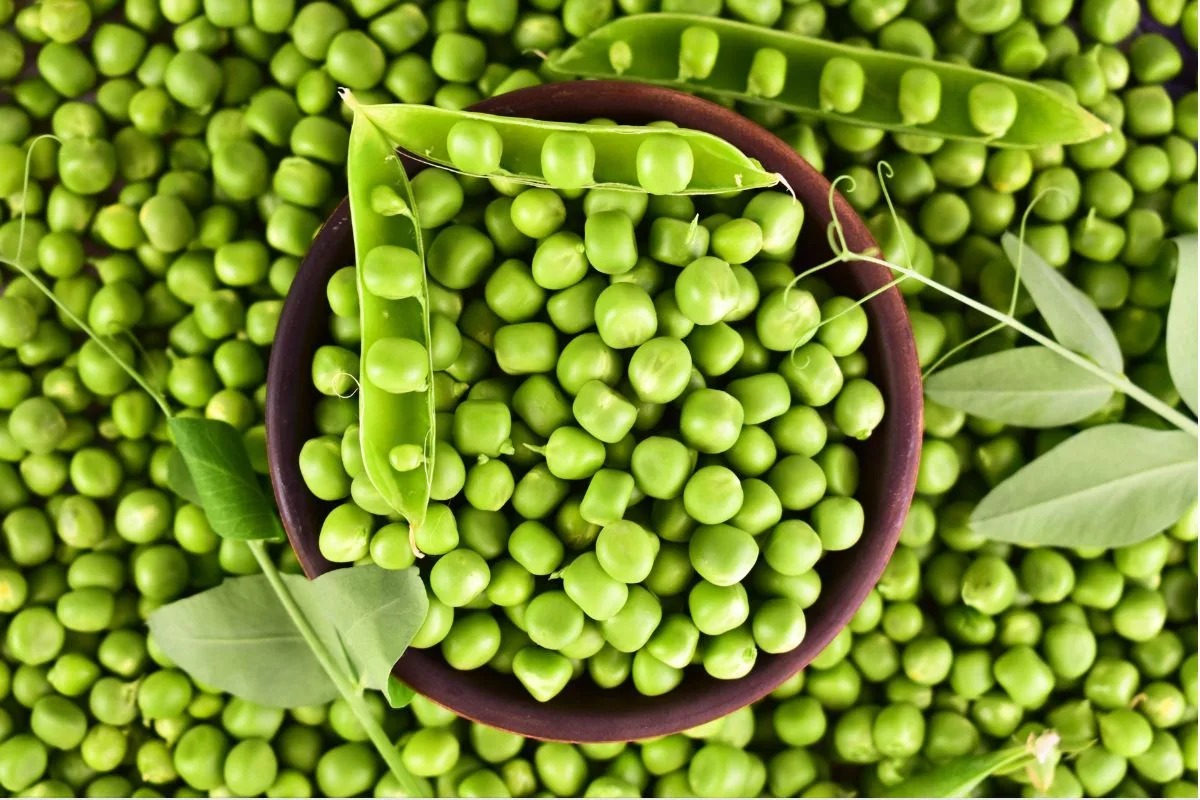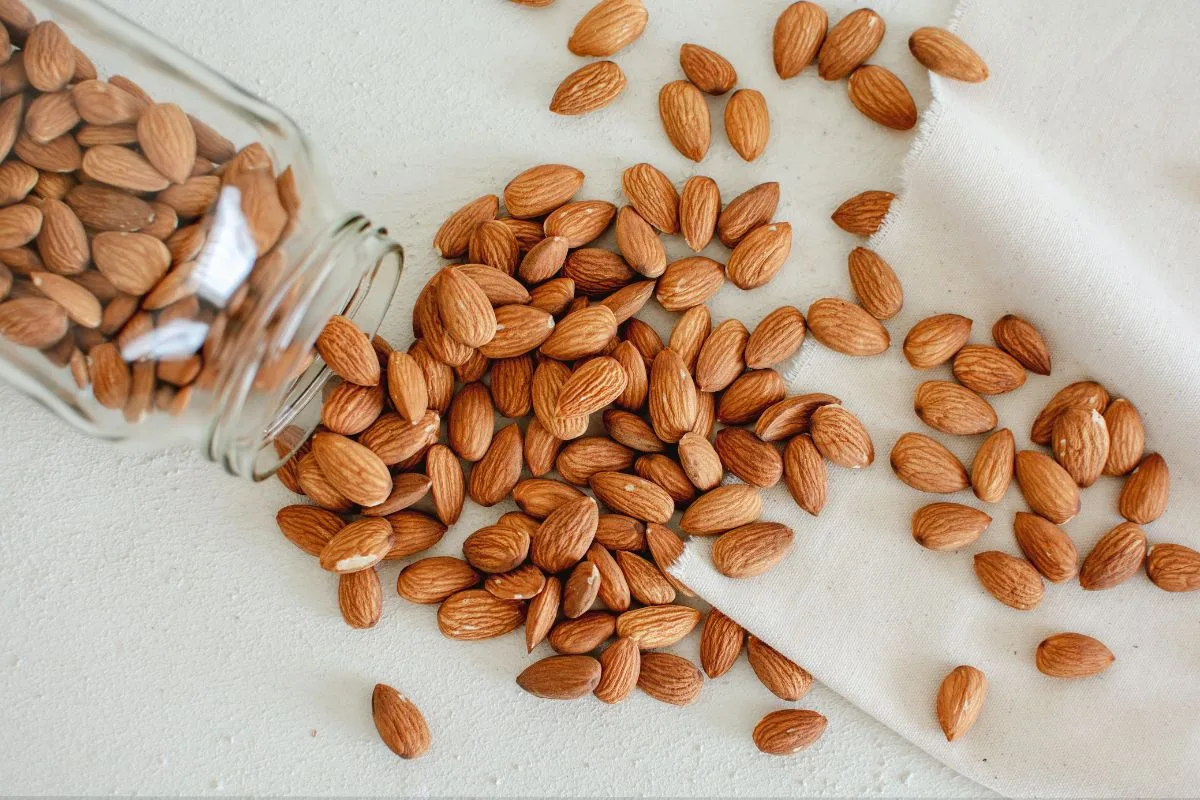Guava, a tropical fruit often celebrated for its unique flavor and vibrant color, is not just a delicious snack but also a nutritional powerhouse. Found in various parts of the world, this fruit is renowned for its health benefits, making it a favorite among health enthusiasts and nutritionists alike. In this article, we will delve into the nutritional composition of guava, explore its health benefits, and discuss some important considerations for its consumption. With an understanding of how this fruit can contribute to a balanced diet, readers will be equipped with insights that not only promote wellness but also enhance their culinary experiences. Let’s embark on a journey to uncover the secrets behind guava’s status as a superfood!
Nutritional Information of Guava
Every 100 grams of guava presents an impressive profile of essential nutrients, making it a valuable addition to any diet. Below is a detailed breakdown of guava’s nutritional content:
- Protein: 1.44 g
- Total Fat: 0.32 g
- Dietary Fiber: 8.59 g
- Carbohydrates: 5.13 g
- Energy: 135 joules
- Iron: 0.32 mg
- Calcium: 18.52 mg
- Sodium: 2.87 mg
- Potassium: 283 mg
- Zinc: 0.23 mg
Guava is particularly rich in dietary fiber, which plays a crucial role in maintaining digestive health. The low fat and carbohydrate content, paired with a moderate amount of protein, make guava a suitable option for those seeking to manage their weight or enhance their overall nutritional intake. Moreover, its mineral content, including calcium and potassium, contributes to bone health and blood pressure regulation.
Health Benefits of Guava
The consumption of guava comes with a myriad of health benefits that can enhance overall well-being. Below are some key advantages associated with including guava in your diet:
1. Digestive Health: The high dietary fiber content in guava supports digestive health by promoting regular bowel movements and alleviating constipation. Fiber acts as a prebiotic, fostering the growth of beneficial gut bacteria, which further enhances digestion.
2. Rich Source of Antioxidants: Guava contains potent antioxidants such as vitamin C and flavonoids, which help combat oxidative stress in the body. These antioxidants play a role in reducing inflammation, protecting against chronic diseases, and supporting overall immune function.
3. Heart Health Promotion: Guava has been linked to improved heart health due to its high potassium levels. Potassium is essential for regulating blood pressure, while the fiber in guava can help lower cholesterol levels. Incorporating guava into your diet may reduce the risk of heart disease and stroke.
4. Blood Sugar Control: Some studies suggest that guava may have a beneficial effect on blood sugar levels. Its low glycemic index, combined with fiber, can help slow down sugar absorption in the blood, making it a favorable fruit option for people with diabetes or those at risk of developing the condition.
5. Skin Health: The antioxidants and vitamins present in guava contribute to healthy skin. Vitamin C, in particular, supports collagen production, which is vital for skin elasticity and reduces the appearance of wrinkles. Additionally, guava’s anti-inflammatory properties may help soothe skin irritations.
Overall, the holistic health benefits of guava are compelling reasons to incorporate this fruit into your daily diet. However, like any food, moderate consumption is key to maximizing its advantages while minimizing potential drawbacks.
Considerations for Guava Consumption
While guava is generally regarded as a safe and healthy fruit, there are some considerations to keep in mind to ensure optimal consumption:
1. Allergies and Sensitivities: Some individuals may have allergies or sensitivities to guava. If you experience any allergic reactions such as itching, swelling, or difficulty breathing after consuming guava, discontinue use and consult a healthcare professional.
2. Portion Control: Although guava is low in calories, portion control is still important. Overconsumption of any food, even healthy ones, can lead to unwanted caloric intake and potential digestive discomfort.
3. Interaction with Medications: Guava may interact with certain medications, especially those related to blood sugar control and blood pressure. If you are on medication, consult your healthcare provider before significantly increasing your guava intake to prevent adverse effects.
4. Ripeness and Preparation: Guava can be consumed raw, juiced, or added to various recipes. The ripeness of the guava significantly affects its taste and nutritional value. Unripe guavas are firmer and less sweet, while ripe guavas are softer and bursting with flavor. Ensure proper washing and clean preparation methods to avoid foodborne illnesses.
Conclusion
In summary, guava is an incredibly nutritious fruit offering a range of health benefits, from supporting digestive health to promoting skin vitality. With an impressive nutritional profile, including high dietary fiber, essential vitamins, and minerals, guava serves as an excellent addition to a balanced diet. However, one must approach its consumption mindfully, taking into account any potential allergies, portion sizes, and interactions with medications. As a versatile fruit, guava can be enjoyed in numerous ways, making it a delightful and healthy choice for individuals seeking to enhance their diet.
Axis Diet is dedicated to empowering individuals with knowledge and practical advice for healthier living. Our articles, grounded in research and expert insights, aim to simplify complex nutritional concepts, offering a comprehensive understanding of various aspects of diet and wellness. While these articles are informative and a great starting point for anyone looking to improve their health, they are for informational purposes only. For personalized, professional guidance tailored to your unique health needs, we encourage you to consult with Axis Diet’s registered dietitians. Reach out to us for expert personalized guidance on your nutritional journey.






[…] Indian Context: Fruits like guava, papaya, and pomegranate, as well as vegetables like spinach, okra, and brinjal, are excellent […]